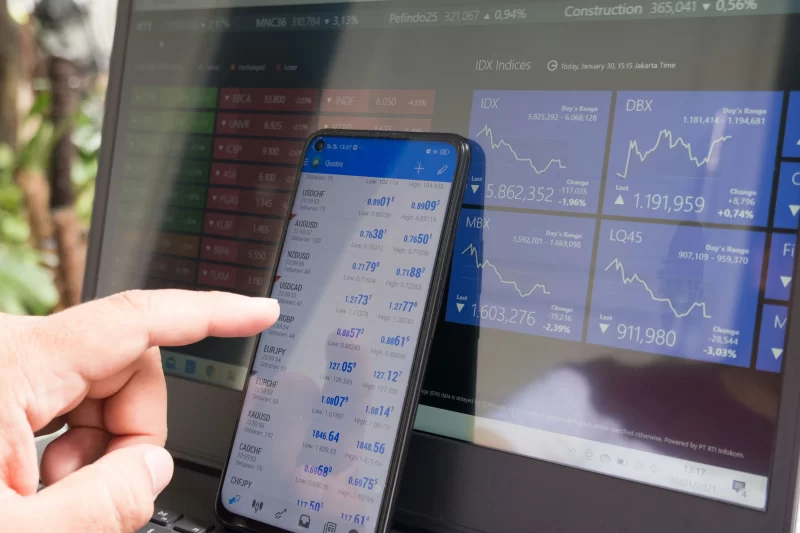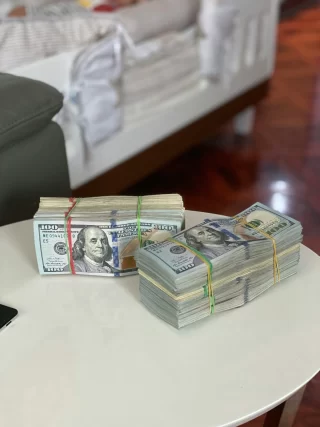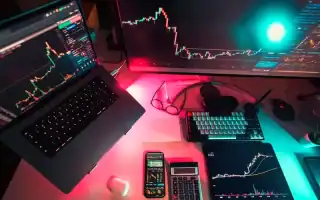Timing your currency exchanges can lead to profits, and that’s the fundamental idea behind foreign exchange, or forex. If you’re interested in learning more about forex, this post will explain the basics in straightforward, easy-to-understand terms. Let’s get started!
What Is Forex
Forex, short for “foreign exchange,” is a marketplace where individuals can trade or exchange currencies. Investors primarily participate in this market to profit from fluctuations in currency values.
To help you get started, it’s important to familiarize yourself with some basic terminology you’ll encounter in forex trading. Here are a few key terms:
- Currency Pairs: Forex trading always involves currency pairs, such as USD/EUR. The first currency is the base currency, and the second is the quote currency. The exchange rate indicates how much of the quote currency is needed to buy one unit of the base currency.
Bid and Ask Prices: When trading, you’ll encounter bid and ask prices. The bid price is what you receive when selling the base currency, while the ask price is what you pay to buy it. The difference between these two prices is called the spread, which represents your potential profit or loss.
Fluctuations and Volatility: Forex trading occurs in real-time, meaning currency prices fluctuate constantly. Unlike money exchanges, which have fixed prices that change only when they open, forex prices are updated continuously throughout the trading day.
By understanding these concepts, you’ll be better equipped to navigate the forex market and make informed trading decisions.
How Does Forex Work
The foundation of forex trading is straightforward: buy low, sell high. For instance, if the US dollar (USD) is weak and the European Euro (EUR) is strong, you can exchange your Euros for more dollars.
Consider this example: you initially bought 20 EUR for 10 USD, which means the exchange rate was 1 EUR per 0.50 USD. Later, if the rate changes to 1 EUR = 1 USD, exchanging your 20 EUR back would yield 20 USD. Since you originally spent 10 USD, your profit would be 10 USD.
This example illustrates the basic concept of forex and how you can profit from currency exchanges.
However, you’re not limited to simply buying a currency and waiting for its value to change. Forex offers various trading styles that allow you to capitalize on both rising and falling markets, depending on your strategy. Here are some of those strategies:
- Day Trading: This style involves buying and selling currencies within the same day. It is fast-paced and focuses on making profits from small price changes.
- Swing Trading: Swing traders hold positions for several days or weeks to capitalize on larger market movements. This approach requires less time than day trading but still demands regular attention.
- Position Trading: This is a long-term strategy where traders keep positions open for months, often based on economic trends or significant events. It requires patience and a more relaxed approach.
- Scalping: Scalping is the quickest trading style, where traders make numerous small trades within minutes or even seconds to earn tiny profits. It requires intense focus, experience, and a solid understanding of the trading platform.
- Copy Trading: This method is especially popular among beginners. It allows you to automatically replicate the trades of experienced investors. You can choose to follow traders whose strategies and results align with your goals, eliminating the need to trade independently.
In addition to selecting a trading style, it’s essential to understand the different types of forex markets. Each market type dictates how and when trades occur. For beginners, this knowledge can help manage risk and choose a trading method that aligns with their comfort level.
What Are The Types Of Forex
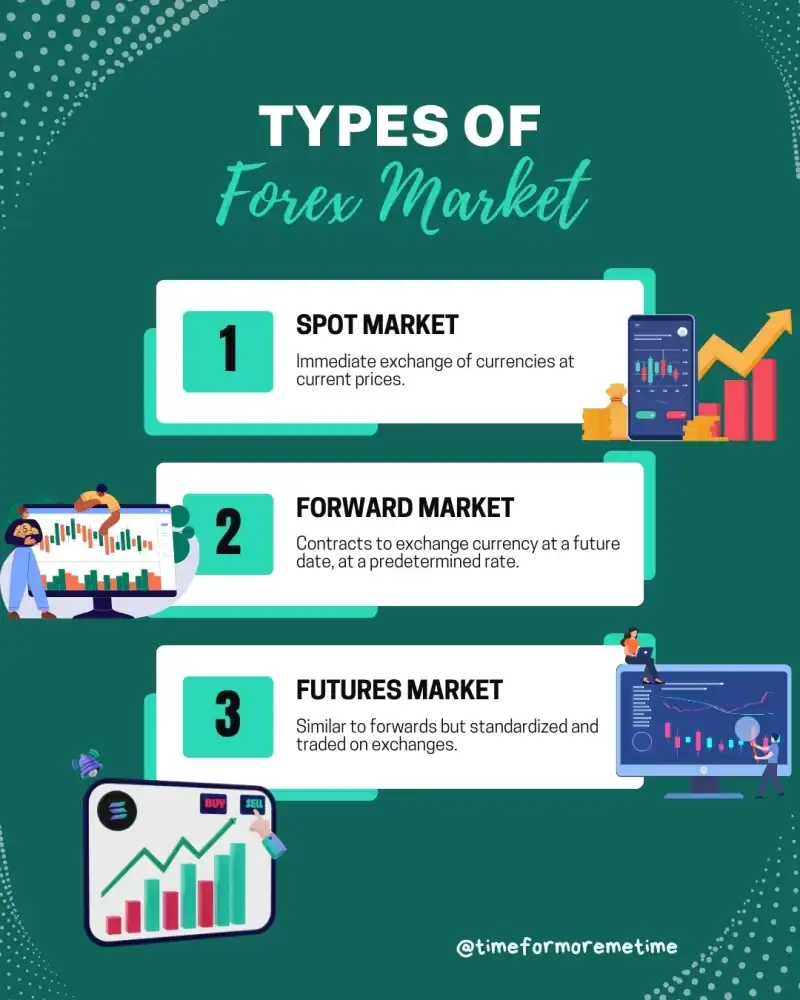
While there aren’t specific “types” of forex, you can categorize the different markets within it. Here are three common types of forex markets:
- Spot Market: Immediate exchange of currencies at current prices.
- Forward Market: Contracts to exchange currency at a future date, at a predetermined rate.
- Futures Market: Similar to forwards but standardized and traded on exchanges.
Additionally, currencies can be classified when trading in the forex market. Here are the main classifications:
- Major Currencies: The most widely traded currencies, including the US Dollar (USD), Euro (EUR), Japanese Yen (JPY), and British Pound (GBP).
Minor Currencies: Less commonly traded currencies that are not part of the major pairs, such as the New Zealand Dollar (NZD) and the Norwegian Krone (NOK).
Exotic Currencies: Currencies from emerging or smaller economies, such as the South African Rand (ZAR) or the Turkish Lira (TRY). These pairs often have lower liquidity and higher volatility.
Understanding these classifications can help you get started with forex trading. Beginners typically begin with major currencies due to their predictability. Minor currencies can serve as good alternatives, while exotic currencies can be used for experimentation and hedging strategies.
Where To Start Forex Trading
To begin trading forex, start by selecting a reliable broker. A broker is an online platform that connects you to the forex market and provides essential trading tools, guides, and risk management features.
Some brokers focus on education, offering lessons, videos, and quizzes to help you learn. Others include social features that allow you to follow and copy the trades of professional traders.
Additionally, many brokers offer various trading tools and features that can help you manage risks, analyze the market more effectively, and provide guidance on when to trade for potential profits.
Why You Should Trade Forex
Forex is one of the most accessible financial markets, with relatively low startup requirements. Many platforms allow you to begin with a small investment and offer demo accounts for risk-free practice. However, like any form of investing, forex trading involves risk, so it’s important to start with a solid understanding and a cautious approach.
When Is The Best Time To Trade Forex
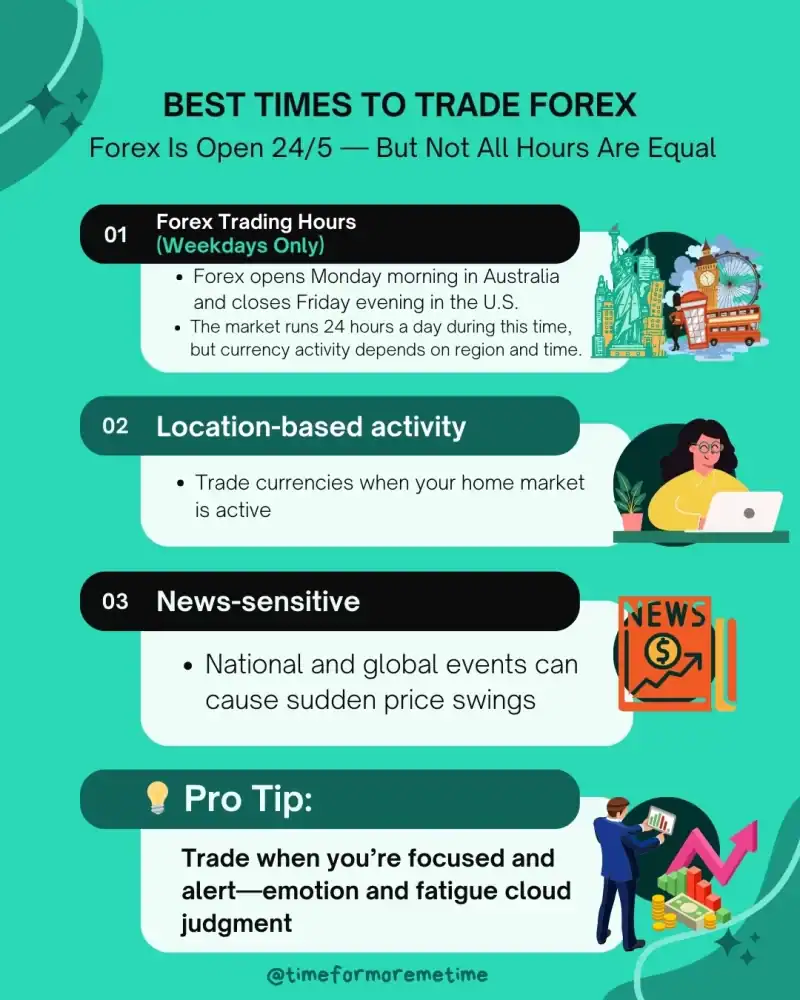
The best time to start trading forex is when you have a solid understanding of the forex market and how currency prices fluctuate. This is why most online platforms offer demo accounts, which allow you to practice trading and become more familiar with forex. While forex is accessible and relatively easy to grasp, actual trading can be quite different.
It’s important to note that forex trading occurs on weekdays, starting Monday in Australia and ending Friday in the United States. Currency prices and availability depend on the time of day and the location of the currency’s origin.
For example, when the European Union markets open, the Euro tends to be more active. If you’re focusing on the Euro, trading during this time can be beneficial.
Additionally, be mindful of significant national and international events, as these can cause substantial price movements in currencies. It’s also important to trade when your mind is clear and focused, as this can lead to better investment and trading decisions.
Remember, timing is crucial in forex. Knowing when to trade is just as important as knowing how to trade.
Conclusion
Forex is simply one way to grow, protect, and manage your money through currency trading. Now that you understand the basics, you’re in a better position to confidently explore this global market. Start small, stay consistent, and learn as you go. You don’t need to be perfect—you can always start with a demo account.
Want to learn more about smart money moves? Check out our other beginner-friendly guides, follow us on social media, and watch our videos on our YouTube channel for more easy-to-understand tips.
Source
- Photo: Unsplash: Marga Santoso
